Antigen discoveries hold immense significance for the development of safe, precise, and effective cancer immunotherapies. The Translational Antigen Discovery group uses leading edge technologies to uncover the role of Human Leukocyte Antigen (HLA) molecules in tumours, with the aim of developing novel targets for cancer immunotherapy.
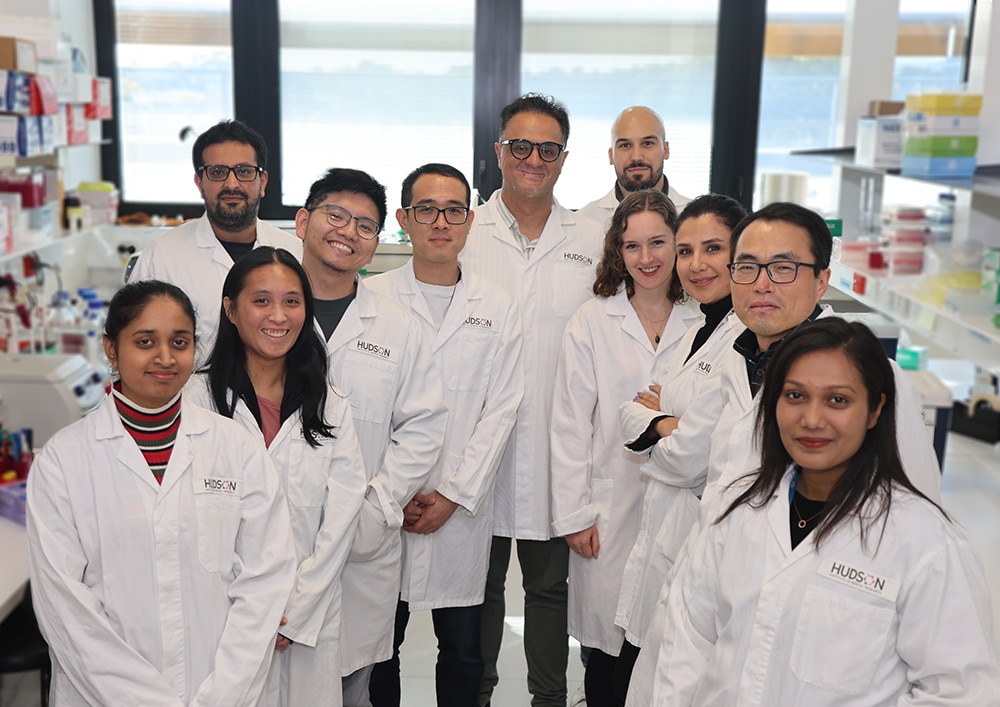
Research group
Overview
Focusing on the immune response and cancer treatment, the Translational Antigen Discovery laboratory’s research holds great promise for revolutionising cancer treatment with more targeted and effective approaches.
The group’s focus is identifying clinically relevant peptides presented by the Human Leukocyte Antigen (HLA) molecule to uncover potential targets for precision immunotherapies. The team’s quest involves employing a spectrum of advanced techniques, including mass spectrometry, proteomics, bioinformatics, multi-omics, and immunology, to meticulously piece together the puzzle of immune responses, with a specific emphasis on cancer-related aspects.
In this pursuit, the lab’s dedication to exploring immunopeptidomics – a specialised field within its arsenal – deserves special attention. Immunopeptidomics involves deciphering the intricate language of peptide antigens presented by HLA molecules, offering crucial insights into how the immune system recognises and responds to threats, especially in the context of cancer. By delving into the specifics of immunopeptidomics, the lab is exploring potential avenues for developing highly targeted immunotherapies for cancer and other diseases.
Projects in progress
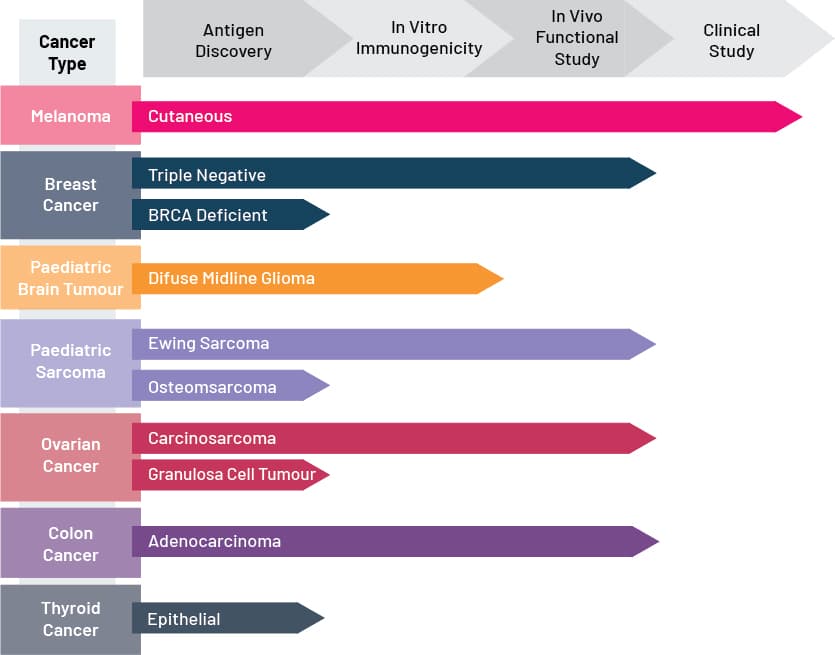
Diseases we research
Areas of focus
- Finding soluble HLA as biomarkers to use for early cancer detection and as predictive indicators of immunotherapy effectiveness.
- Leading the development of precision vaccines tailored for childhood cancers.
- Developing immunopeptidomics and bioinformaticsmethods to identify non-canonical HLA-bound peptides, including spliced, endogenous retroviral, and non-coding RNA-derived peptides.
Research Group Head | Dr Pouya Faridi
Cancer immunotherapy is an innovative treatment method that enhances the body’s immune system to combat and regulate cancer. My research uses leading-edge technologies to find new targets for advancing cancer immunotherapy.

Meet the team

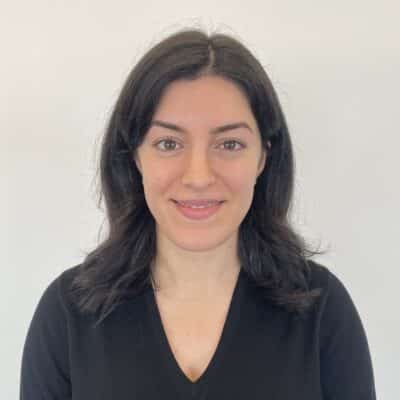 Dr Farnaz Fahimi
Postdoctoral Scientist
Dr Farnaz Fahimi
Postdoctoral Scientist
 Dr Dongbin Jin
Honorary Research Associate
Dr Dongbin Jin
Honorary Research Associate
 Dr Terry Lim
Honorary Research Associate
Dr Terry Lim
Honorary Research Associate
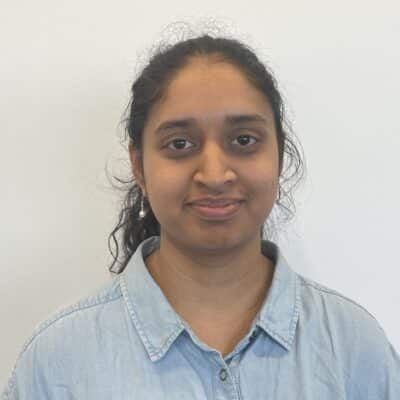 Nivedhitha Selvakumar
Research Support Staff
Nivedhitha Selvakumar
Research Support Staff
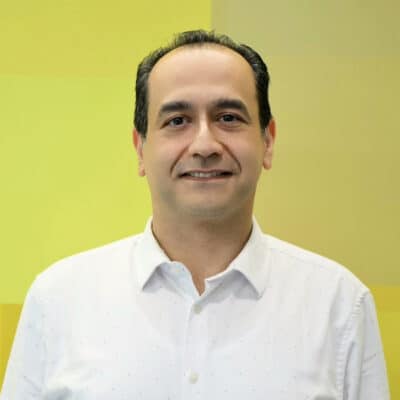 Dr Hamid Bidkhori
Research Support Staff
Dr Hamid Bidkhori
Research Support Staff
 Liesl Bramberger
PhD Student
Liesl Bramberger
PhD Student
 Gabriel Goncalves
PhD Student
Gabriel Goncalves
PhD Student
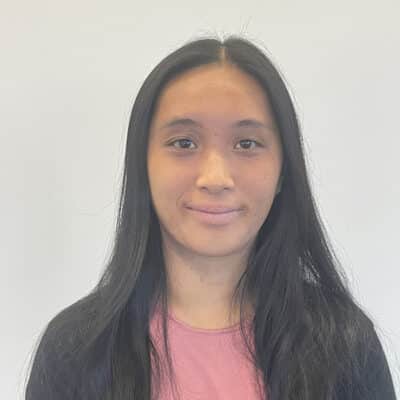 Grace Huang
PhD Student
Grace Huang
PhD Student
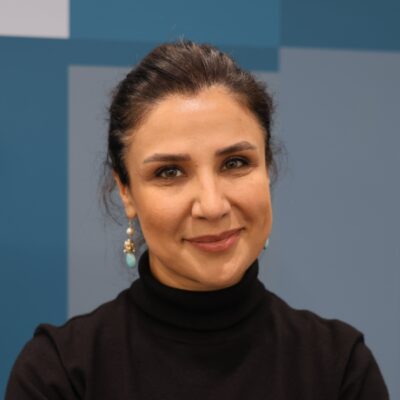 Dr Tima Shamekhi
PhD Student
Dr Tima Shamekhi
PhD Student
 Nurfarhanah (Farhanah) Syed Sulaiman
PhD Student
Nurfarhanah (Farhanah) Syed Sulaiman
PhD Student
 Erwin Tanuwidjaya
PhD Student
Erwin Tanuwidjaya
PhD Student
 Billy Chen
Masters Student
Billy Chen
Masters Student
 Dehui (Krystal) Xie
Masters Student
Dehui (Krystal) Xie
Masters Student
 Amber Badvi
Honours Student
Amber Badvi
Honours Student
 Bianca Lianto
Visiting Scholar
Bianca Lianto
Visiting Scholar
News from the lab
Student opportunities

Collaborators


